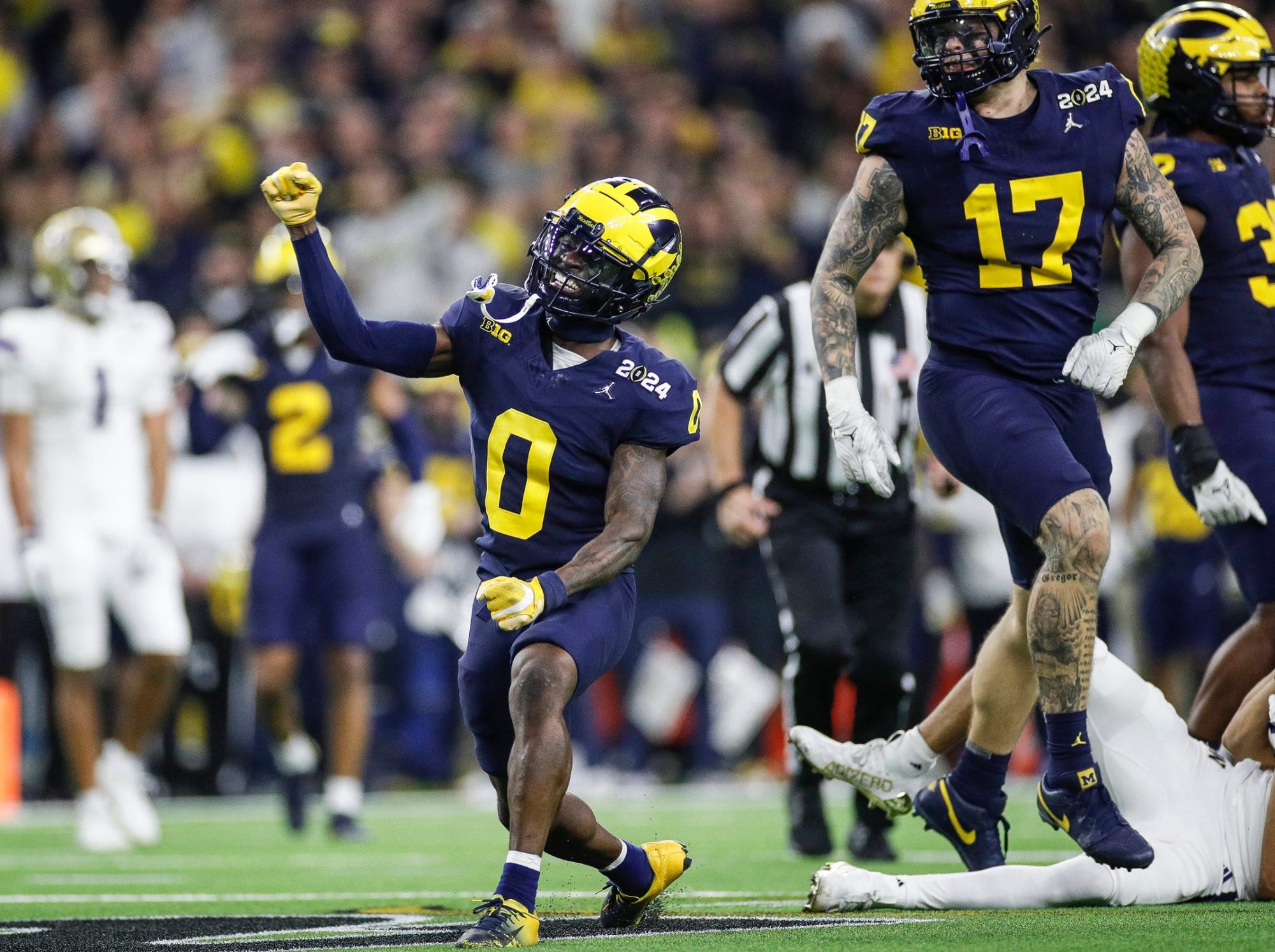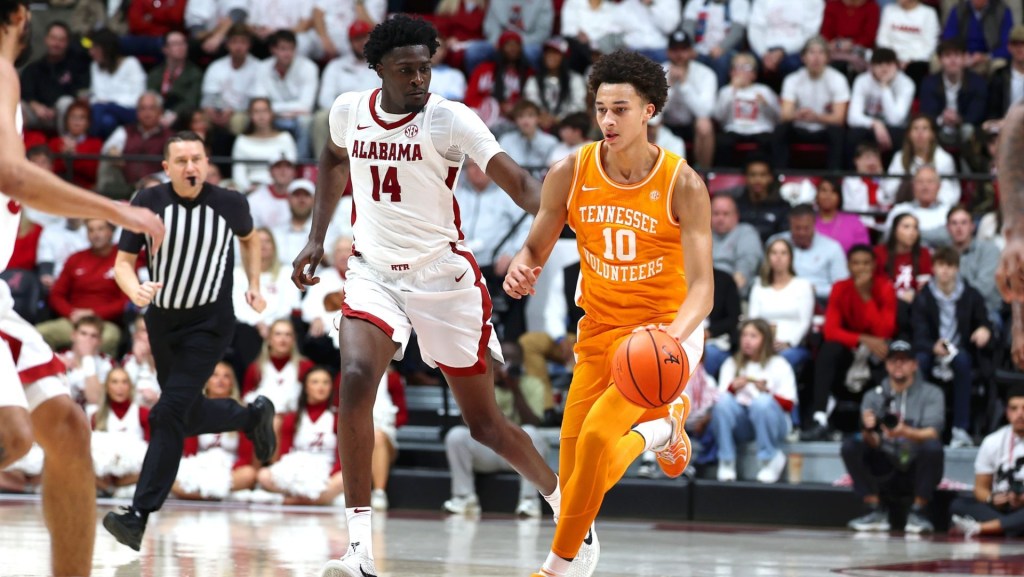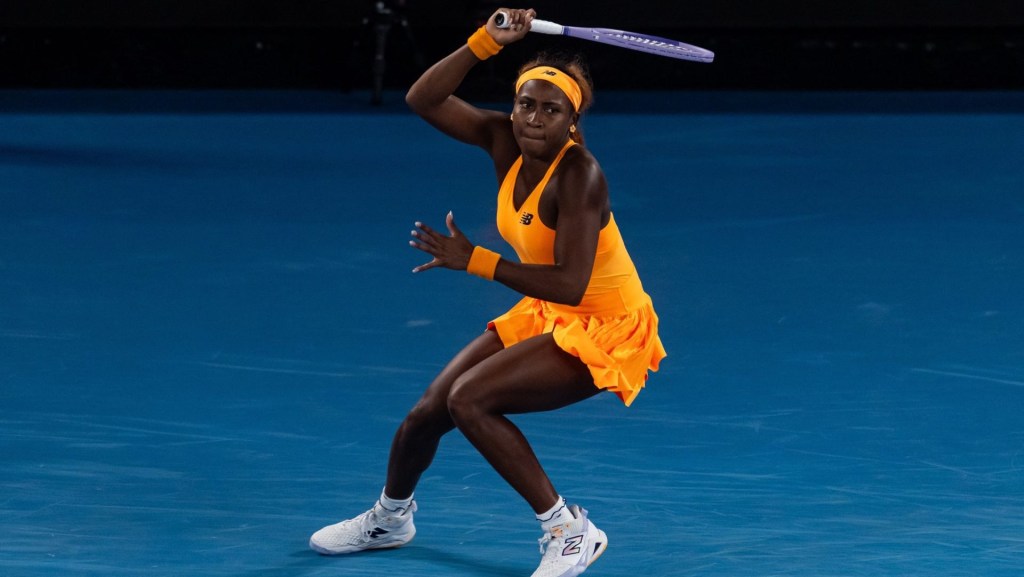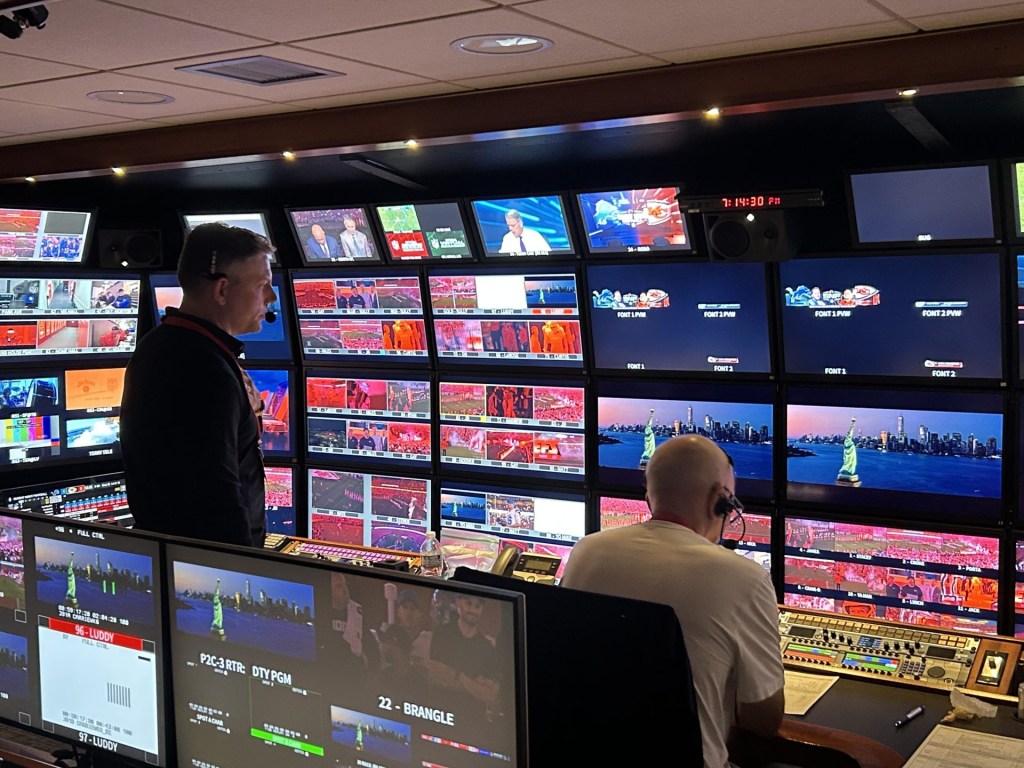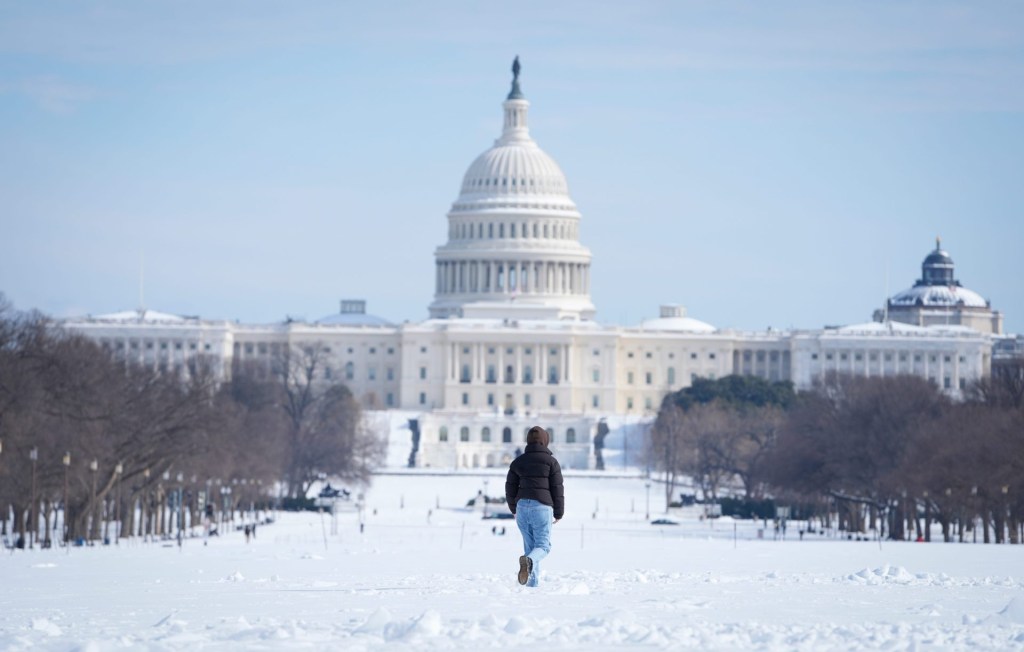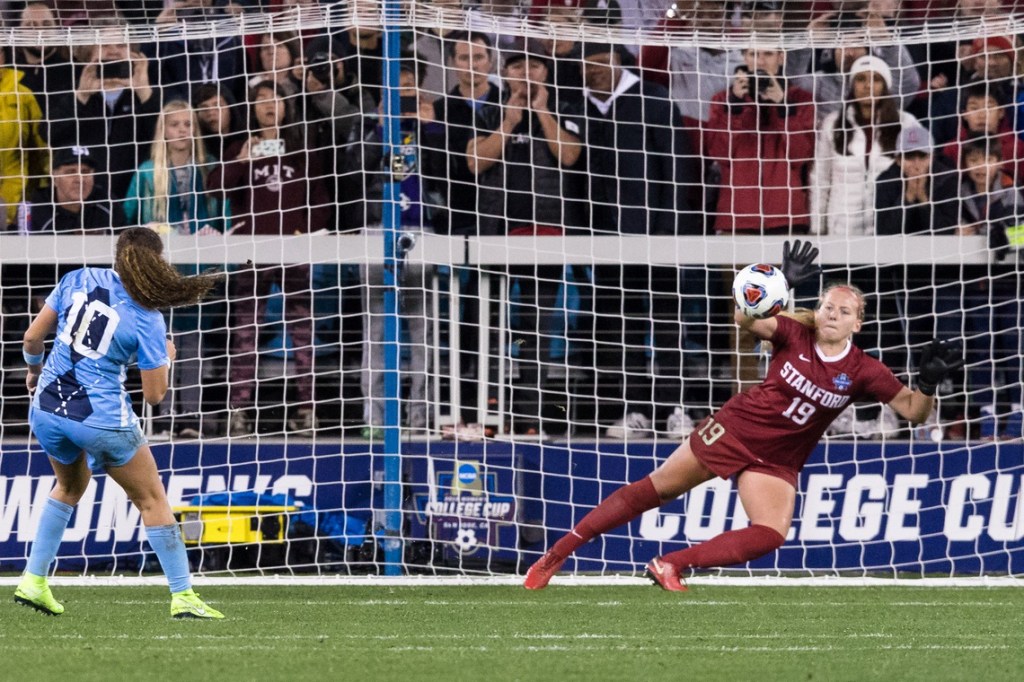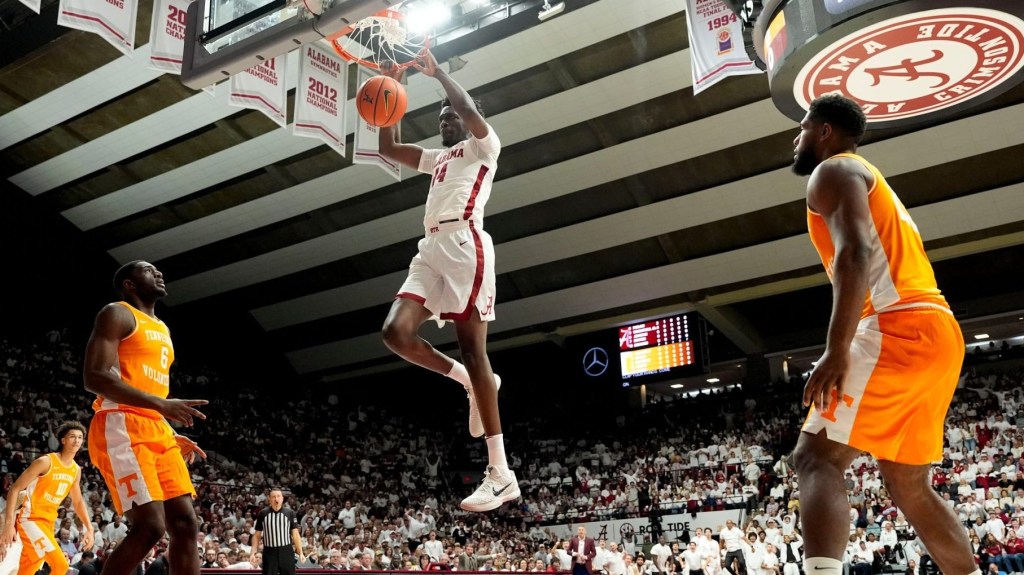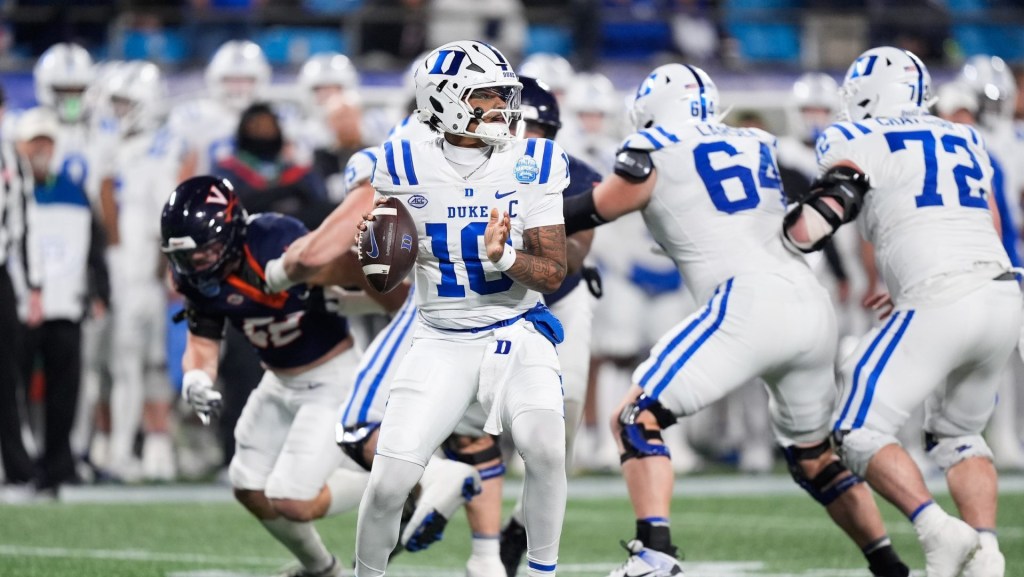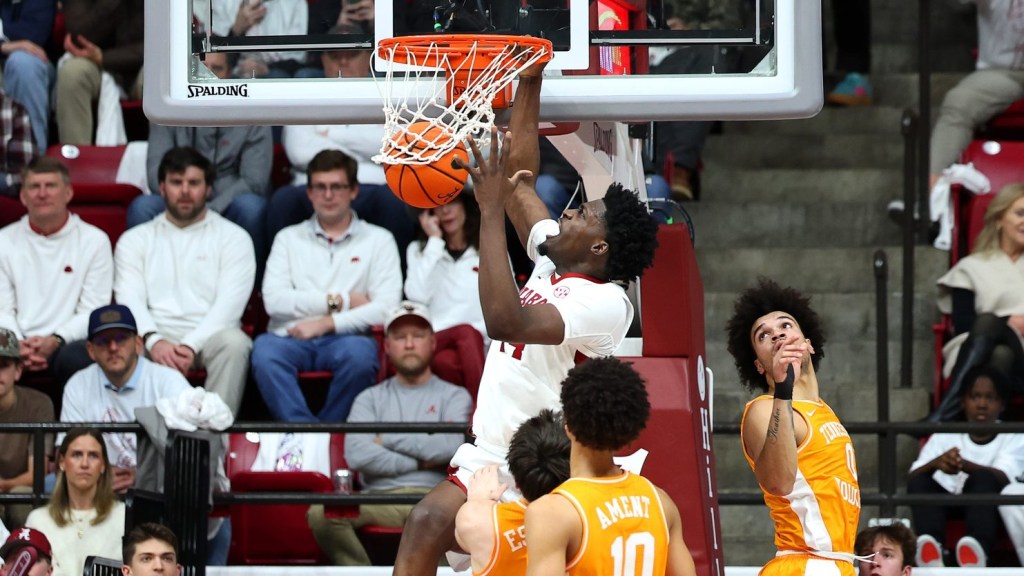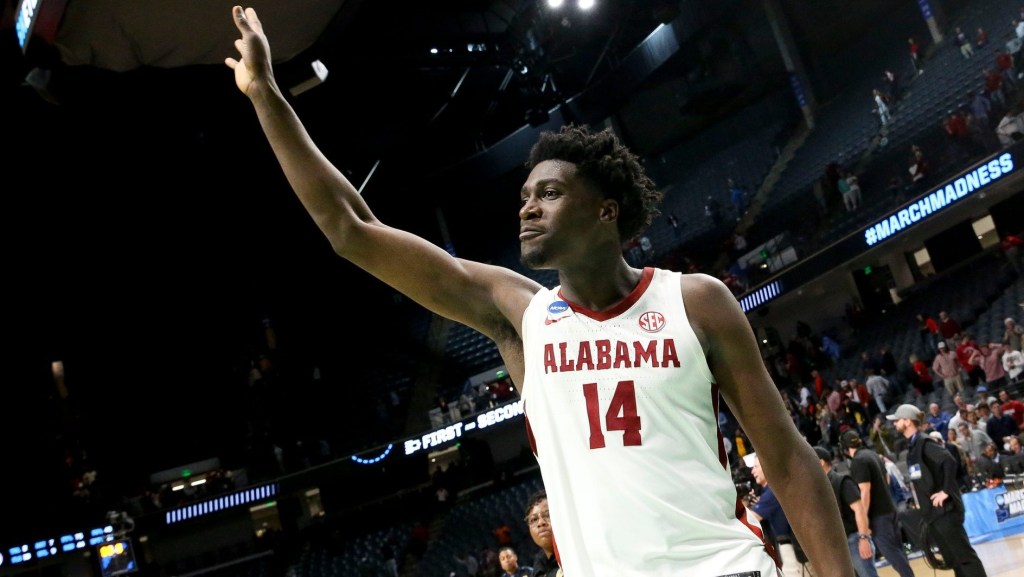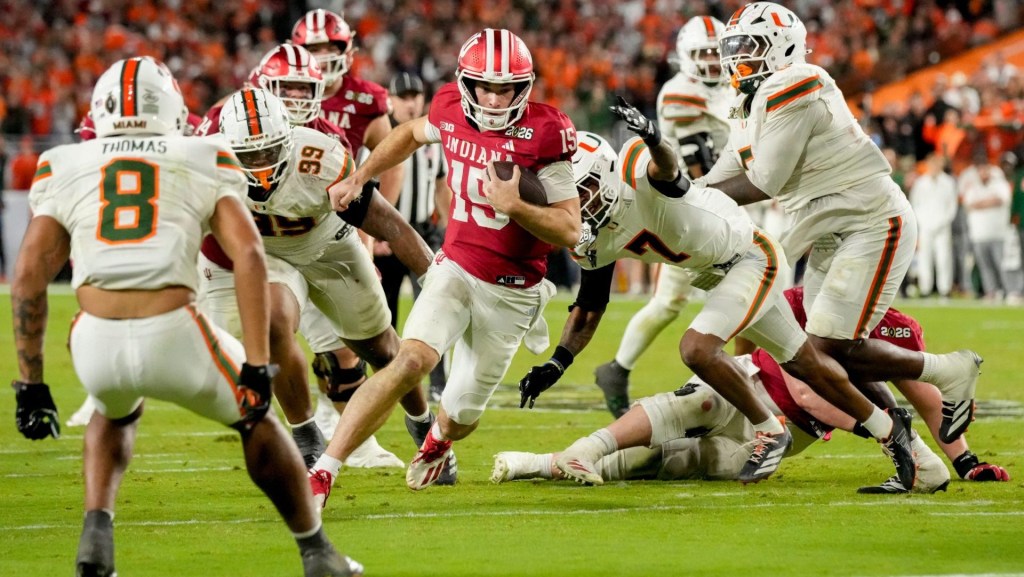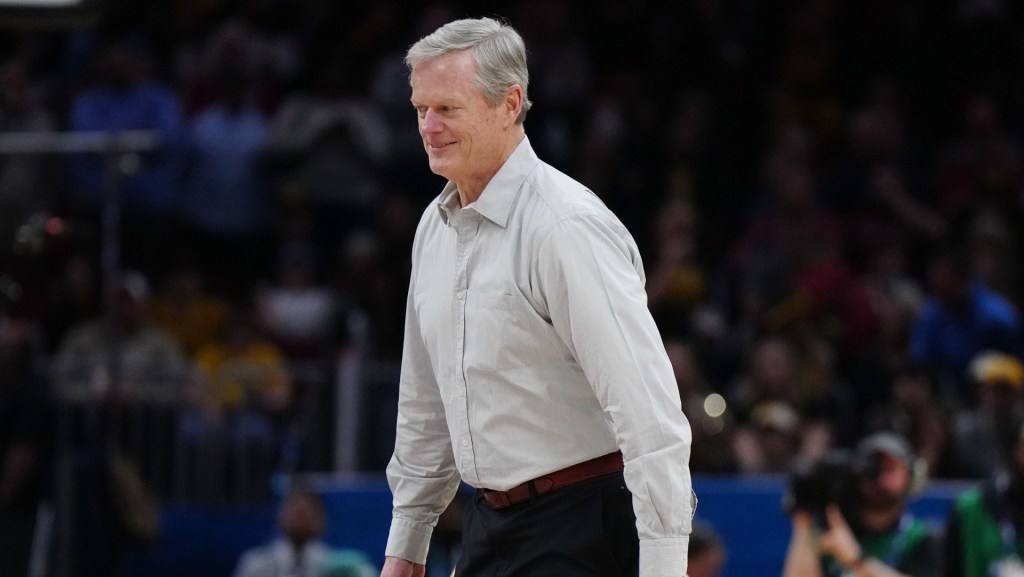The NCAA is one step closer to agreeing to a concept it has eschewed for a century: allowing schools to pay players.
On Thursday, the Power 5 conferences and the NCAA announced they had all separately authorized a settlement in House v. NCAA. Plaintiff lawyers Jeffrey Kessler and Steve Berman announced in a separate statement that they had also agreed to the terms.
The lawsuit argues that players from the pre–name, image, and likeness era deserve back pay, and the definition of NIL should expand to include broadcast revenue. The NCAA and power conferences will split $2.75 billion in damages paid to thousands of Division I athletes who played between 2016 and ’21, a source confirmed to Front Office Sports. Each power conference school will start revenue-sharing around $20 million per year with players (or 22% of annual athletic department revenue)—a framework that could begin as early as ’25. Plaintiff lawyers estimated that athletes could earn around $20 billion in total over ten years.
“This settlement is also a road map for college sports leaders and Congress to ensure this uniquely American institution can continue to provide unmatched opportunity for millions of students,” the five commissioners and NCAA president Charlie Baker said in a joint statement.
The announcement caps off a historic week in college sports that dealt yet another major blow to the NCAA’s business model of amateurism. Beginning with the Big 12, each conference voted individually (including the former makeup of the Pac-12) between Tuesday and Thursday. Multiple NCAA committees also approved the settlement—though many of its D-I members were against it, given that they’ll face significant and, in their view, disproportionately high, cuts to their annual revenue distribution from the governing body despite not being parties to the lawsuit.
The settlement still faces plenty of hurdles, however. Lawyers will likely spend months hammering out additional details, including enforcement mechanisms, agreements for new scholarship limits, and the amount of money each qualified athlete receives, according to multiple reports. Then, Judge Claudia Wilken, who has presided over multiple NCAA antitrust cases including O’Bannon and Alston, must approve the settlement—but only after athletes get a chance to object.
If the agreement goes through, the NCAA will settle not only the House case but also two other similar antitrust lawsuits, Hubbard v. NCAA and Carter v. NCAA. But a third case, Fontenot v. NCAA, will not be consolidated into the settlement as the NCAA had hoped, a judge ruled on Thursday. That case is much broader than House, as it argues that all of the NCAA’s compensation restrictions are illegal.
But the settlement would not bring an end to the NCAA’s legal woes. It has no bearing on the most important question for the NCAA’s future: whether athletes should be classified as employees. The NCAA remains embroiled in three cases addressing this question: two regarding USC athletes and Dartmouth athletes, respectively, are winding through the bureaucracy of the National Labor Relations Board; the federal case Johnson v. NCAA, which concerns all D-I athletes, is in a holding pattern in the 3rd Circuit.
The NCAA does, however, plan to use the House settlement to indirectly put these lawsuits to bed (as it even indicated in its statement on Thursday). The governing body will take the settlement to Congress as a sign of good faith showing it has made as many reforms to its business model as possible. It will then ask Congress to pass a law preventing the NCAA from having to make any other further changes. The strategy is part of a sophisticated, yearslong lobbying campaign to end the athletes’ rights era.
For now, however, athletes can expect to start receiving paychecks that many advocates and lawyers believe are long overdue. “We have been marching down this long legal road seeking economic justice in college sports for more than a decade,” Kessler said. “The time to bring a fair compensation system to college athletes has finally arrived.”
